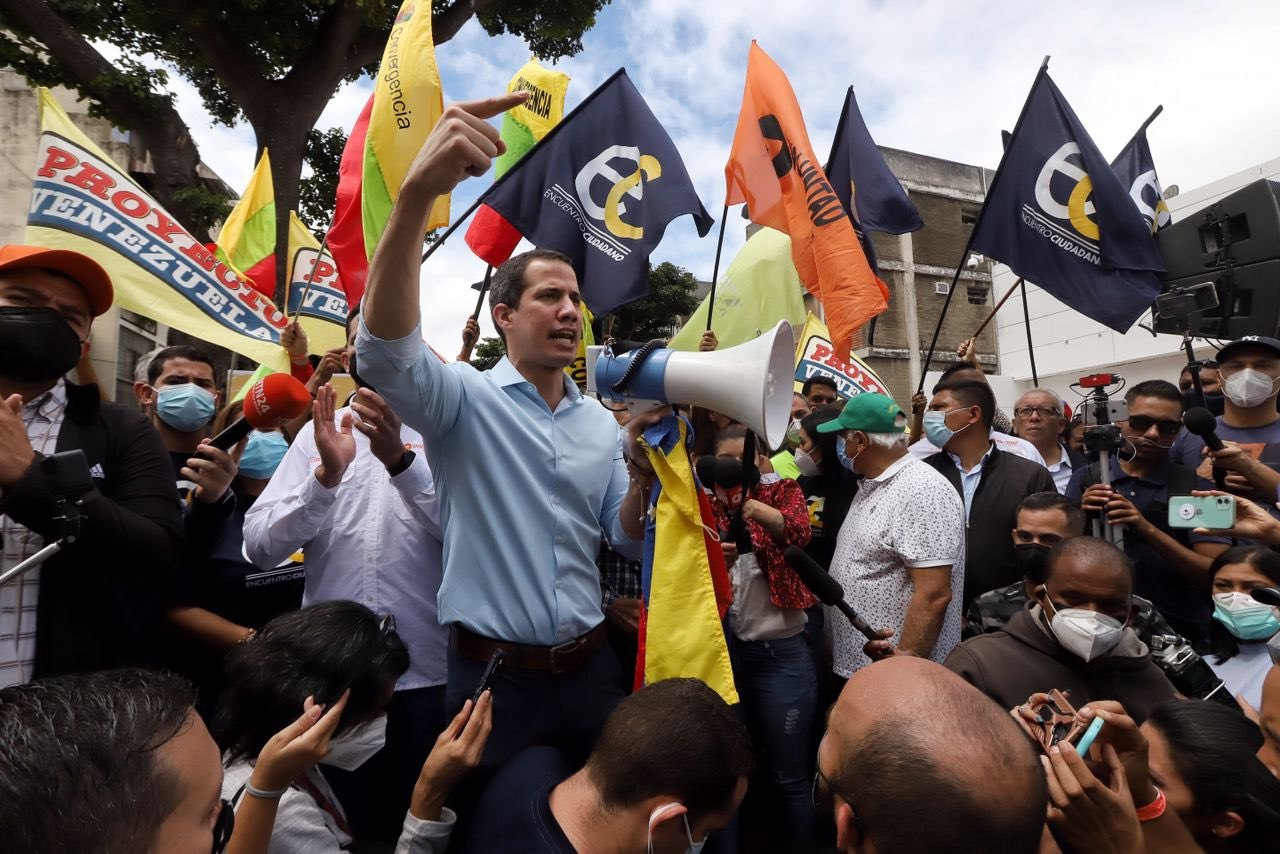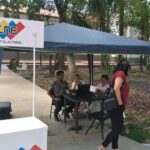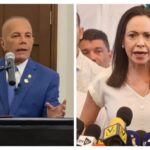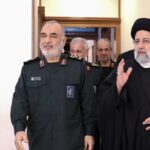
Luis Fuenmayor Toro – Feb 18, 2022
Editorial note: Luis Fuenmayor Toro (born July 10, 1945, in Caracas, Venezuela) is a physician and surgeon, and a university professor, based in Venezuela. He was rector of the Central University of Venezuela from 1988 until 1992. Fuenmayor Toro was a Chavista sympathizer until 2009 when he joined the opposition.
We are at least two years and nine months away from the next presidential elections. I say “at least” because these can be done at any time in the year 2024, without necessarily having to wait until the first days of December. If the government feels ready for the electoral contest and knows that the opposition forces are not ready, it will certainly advance the elections, helped by the demands of some lunatics who will say that Venezuela cannot stand it any longer and that the presidential elections must be pushed forward. Knowing as is known, that the activity ahead for the democratic opposition is gigantic, as it finds itself fragmented into a series of small and numerous parties and groups, this time period seems insufficient for it to be able to be in its best shape for a contest against the PSUV. The latter, despite deterioration and a loss of popularity, still maintains a 20% electoral stronghold.
RELATED CONTENT: Washington Might be Abandoning Guaidó’s Project & Aiming at 2024 Presidential Race
Being the official party, the PSUV enjoys all the facilities that holding the government gives it, something that can be observed in all the elections conducted in this century. PSUV has unlimited financial resources coming in from all public institutions and government officials, from the abuse and embezzlement of state assets, from the public powers of the state, including the Comptroller General’s Office and the Supreme Court of Justice. It has the support of the Bolivarian National Armed Force (FANB), and also controls the National Assembly and the National Electoral Institute (CNE) in which it enjoys a majority. But, above all, the PSUV has in its favor that antagonistic 40% of the opposition faction led by thoughtless zealots prone to violent suicidal acts, like the ones they have been doing for the past two decades and in a very persistent manner in the last eight years. This is the main and decisive advantage of the government, as could be attested in the last regional elections.
The clashes within the opposition can be seen already in the strategizing of the 2024 presidential elections, as well as in the selection of their unitary candidate, in the design of their political and economic program, and in the campaign coordination and its financing. The election can either be seen as a confrontation to the death, in which whoever wins will finish off their opponent, or it can be considered as a natural, civilized and normal confrontation in the democratic life of every country, a confrontation that does not imply vanquishing the defeated opponent, but rather an assured presence, within the rules of the election and, furthermore, a minority participation in government. To solve such a dilemma will be decisive for the possibility of an opposition victory and in its peaceful acceptance by the Maduro government.
Until now, the common political practices of the extremist and violent sectors of the opposition have been totally sectarian towards the rest of the opposition forces, which they do not even recognize. This was already seen and felt, with all its destructive force, in the outcome of the regional elections, in which the government was victorious in some 14 governorships. Recently, two of these extremist opposition parties proposed an immediate primary election to choose the opposition candidate, but they did so by marginalizing the democratic opposition, whose total vote in the regional elections was even higher than that of the extremist sector. To such opposition factions we must add the most radical abstentionists: Vente Venezuela and Ledezma, whose suicidal attitude has lead them to conspire against Manuel Rosales, who after his triumph in Zulia, and his first very sensible and positive government policies, seems a likely candidate for the Venezuelan presidency.
All this seems to show that there will be a large number of different types of electoral candidates in the opposition. The majority of them will run without a clear government program and without significant popular support and, unless the opposition is able to reach consensus and find a single candidate who might not be perceived by the government as an absolute confrontationist, the victory of the PSUV will be assured due to the fragmentation of the opposition vote and lack of massive electoral participation. If this happens, the call to defeat the PSUV candidate will not be credible. This is how I see it coming… I hope I am wrong, and I will work hard to prevent this from happening.
Featured image: Former deputy Juan Guaidó during his latest failed street protest on February 12, 2022. The traditional G4 parties which usually supported him were not even present. Photo: Twitter/@jguaido
(Aporrea)
Translation: Orinoco Tribune
OT/GMS/SC
- orinocotribunehttps://orinocotribune.com/author/orinocotribune/
- orinocotribunehttps://orinocotribune.com/author/orinocotribune/April 15, 2024
- orinocotribunehttps://orinocotribune.com/author/orinocotribune/April 14, 2024
- orinocotribunehttps://orinocotribune.com/author/orinocotribune/
Share this:
- Click to share on Twitter (Opens in new window)
- Click to share on Facebook (Opens in new window)
- Click to share on LinkedIn (Opens in new window)
- Click to share on WhatsApp (Opens in new window)
- Click to share on Reddit (Opens in new window)
- Click to share on Telegram (Opens in new window)
- Click to email a link to a friend (Opens in new window)




